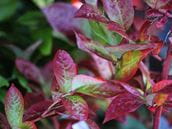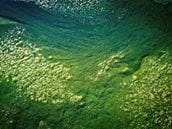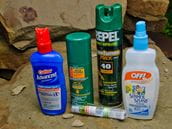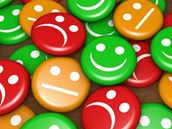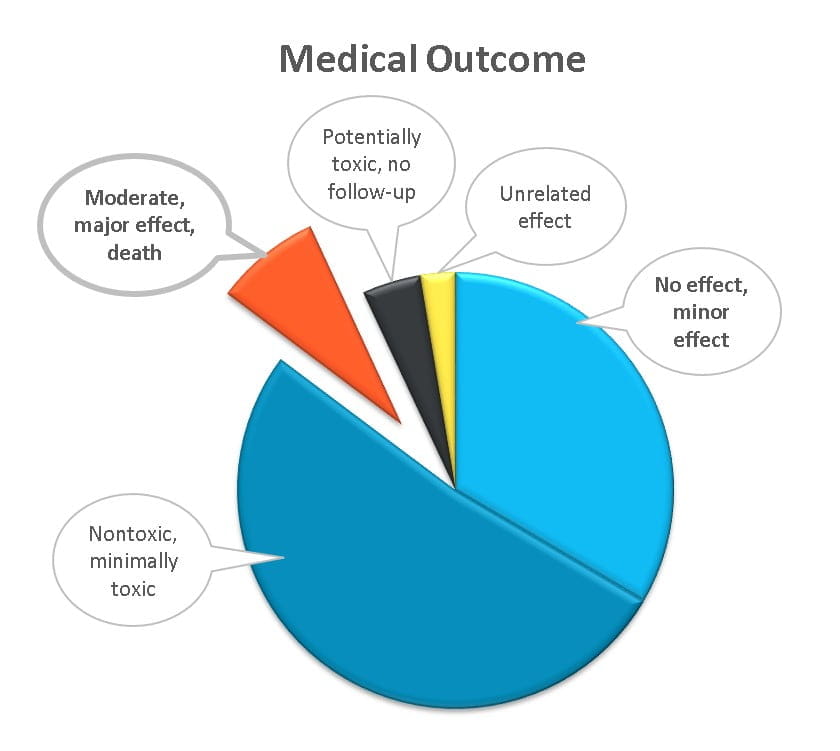
Poison Statistics, National Data, 2016
In 2016, U.S. poison control centers provided telephone guidance for nearly 2.159 million human poison exposures. That's one poison exposure reported every 14.6 seconds. While poisoning affects ALL age groups, peak poisoning frequency occurs in one and two year olds, with children younger than 6 years comprising nearly half of poison exposures (46%). Since 2008, poisoning fatalities have exceeded those from motor vehicle traffic.

